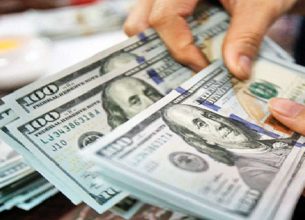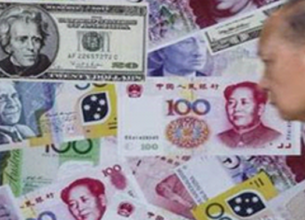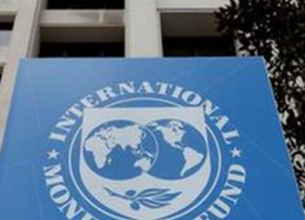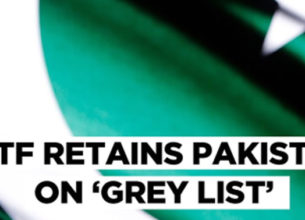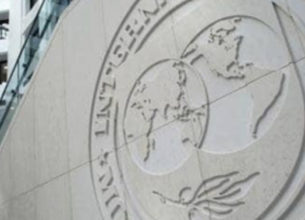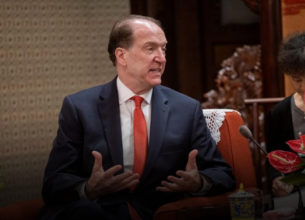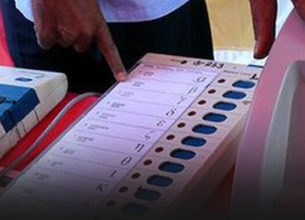IMF TO LOAN FOR PAKISTAN
13, May 2019
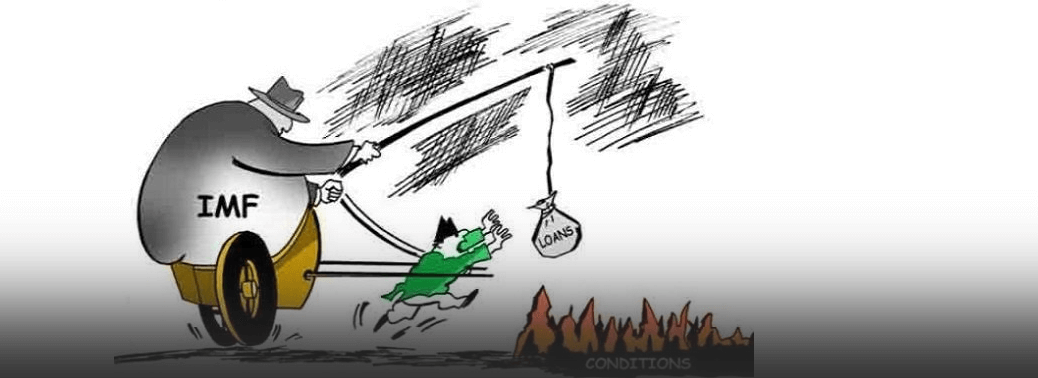
Prelims level : International
Mains level : GS-II governance, Constitution, Social Justice and IR
why in news:
- Pakistan will get loan of $6 billion for 3 years-IMF.
Background: / How strained is Pakistan’s economy?
- Pakistan’s economy has been ruined in the last 8 months, and almost every indicator has deteriorated substantially.
- It is marked since Imran Khan became Prime Minister and his party, the Pakistan Tehreek- e-Insaf (PTI), formed the government.
IMF:
- Inflation, at 9.4%, is at its highest level in five-and-a-half years and is likely to rise to double digits for the months ahead.
- The rupee continues to lose value every other day, which adds to further inflation especially with the oil price on the way up.
- The fiscal deficit is about to hit more than 6% of GDP.
- Even a cut in development expenditure will not stop this trend, as defence spending and interest payments continue to rise. Pakistan’s exports, stuck at around $26 bn for years, despite the 35% devaluation of the rupee over one year, have barely recovered.
- Besides, the government owes power producing companies huge amounts of money and the debt continues to accumulate. Interest rates are also going up making the cost of business even more uncompetitive. The GDP grew by 5.8% in the last fiscal year, the highest in 13 years.
- But the State Bank of Pakistan recently lowered the expectations of GDP growth for the current fiscal year to an 8-year low, to around 3.5%.
- This was reduced further by the IMF and the World Bank to a dismal 2.9% for the current fiscal year. It is expected to fall further over the next 3 years. By all accounts, Pakistan’s economy is in a dismal state.
HQ – Washington
- Official language – Chinese, English, French, Russian, Spanish, Arabic Formally created in 1945 by 29 member countries
- Stated goal was to assist in the reconstruction of world’s international payment system post World War II. Countries contribute funds to a pool through a quota system from which countries with payment imbalances temporarily can borrow money and other resources.
Organization’s objectives as stated in the Articles of Agreement:
- To promote international economic co-operation,
- To promote international trade,
- To promote employment and exchange-rate stability,
- Make financial resources available to member countries to meet balance of payments needs.
Upon initial IMF formation, its two primary functions were:
- To oversee the fixed exchange rate arrangements between countries To provide short-term capital to aid balance of payments



